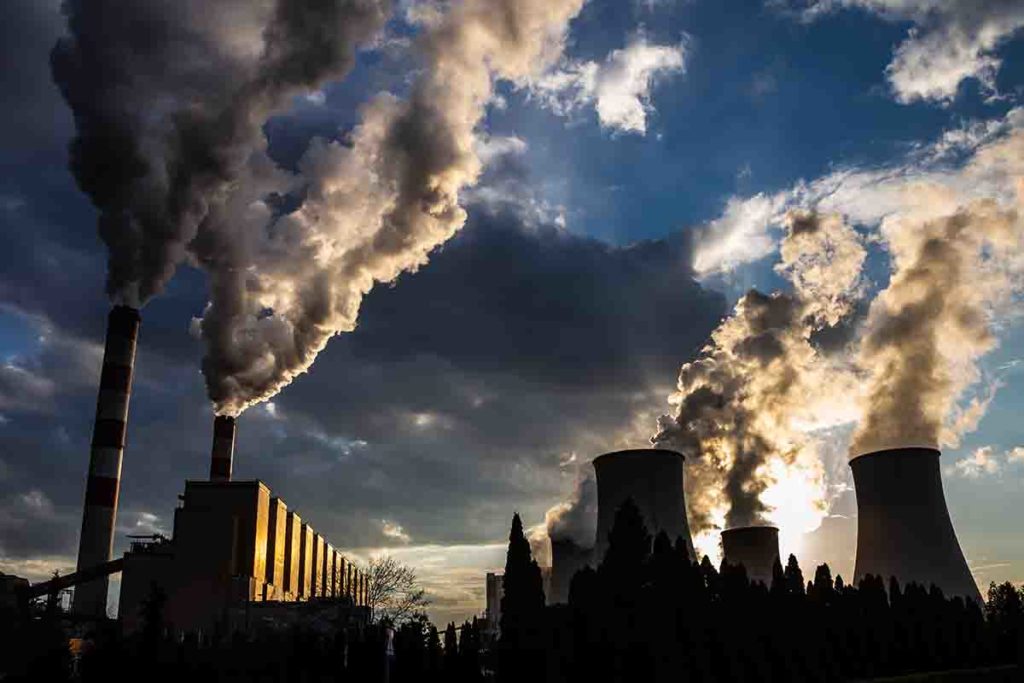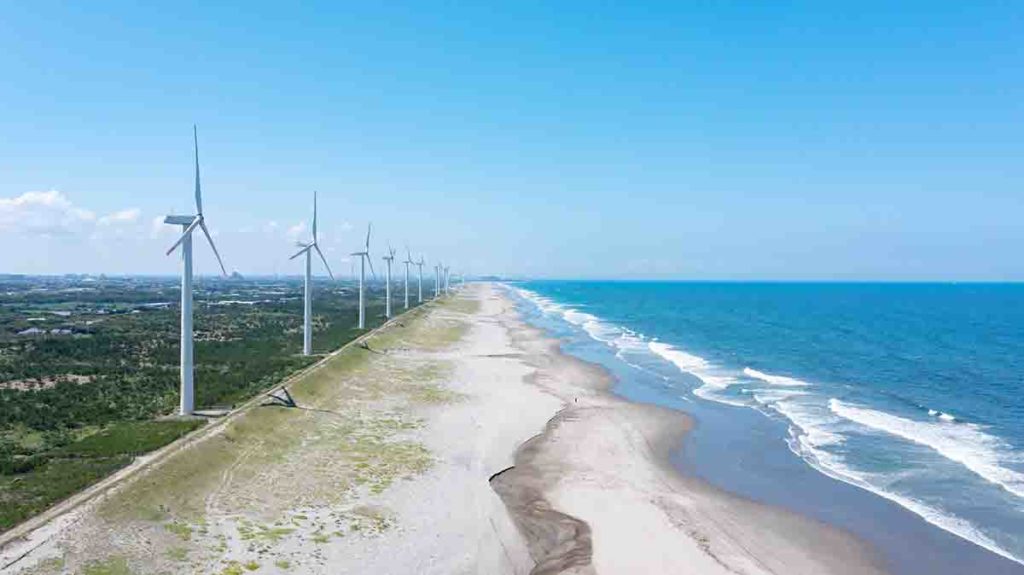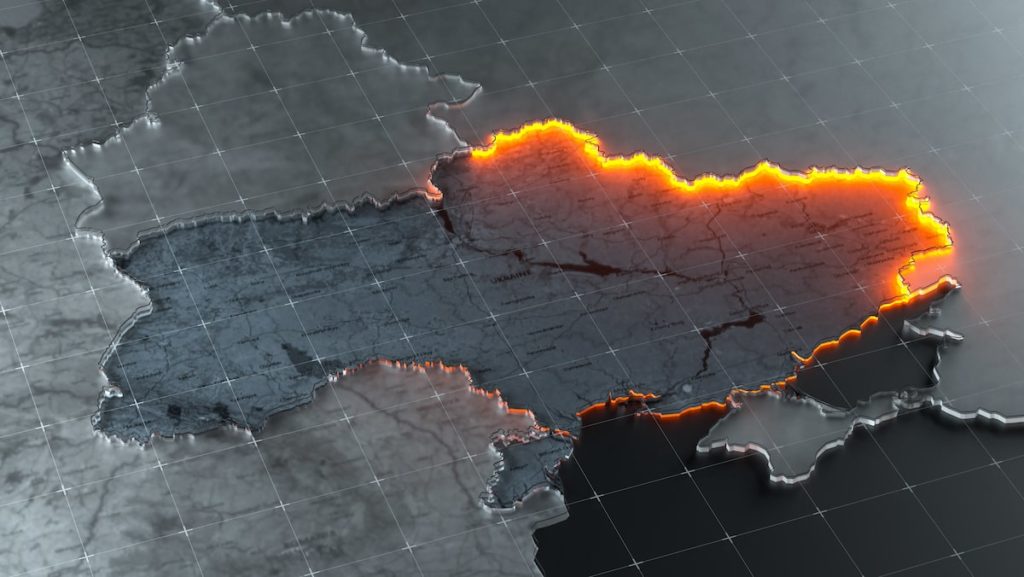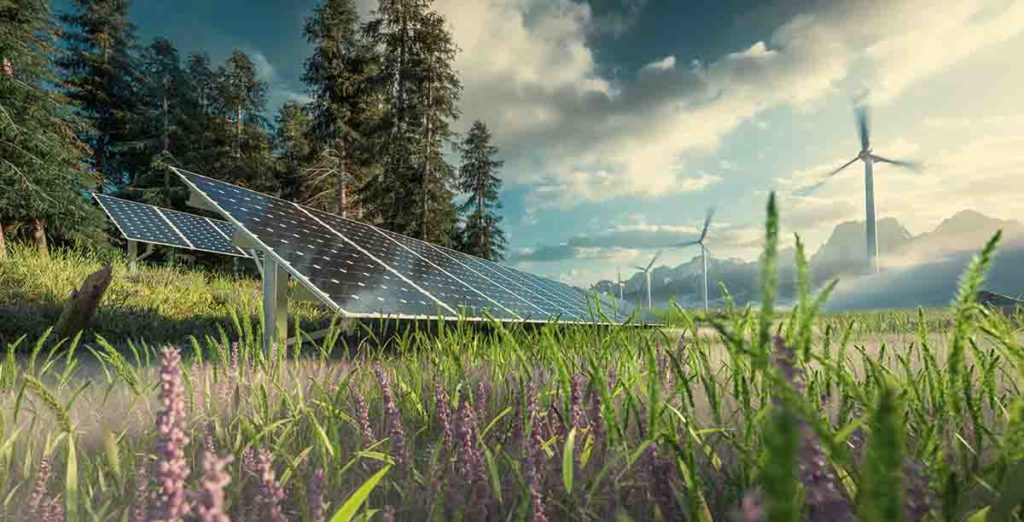Access Hire Industry Insights: Four Key Challenges for the Power Sector in 2022
Blog-April 29, 2022
A thriving power sector is at the heart of any developed economy. In the UK, it supports over 700,000 jobs and contributes £27 billion annually in gross value added¹.
But with climate crisis, geopolitical challenges and ongoing supply chain shocks, the sector faces serious challenges in the coming years. To meet these challenges, it will require massive investment – as well as high levels of innovation across entire organisations.
From strategic thinking to the kinds of vehicle mounted access platforms used onsite, every aspect of the power sector’s operations will have to be optimised. In order to do that, organisations must understand the challenge – and opportunities – that they face.
In this report, we explore four key trends that will define 2022 and beyond.

1. Decarbonisation difficulties
Climate crisis is amongst the most urgent challenges of our time and as a raft of new policies seeks to encourage action, companies in the energy sector will feel the pressure to transition away from reliance on fossil fuels.
The UK government has pledged to achieve a 78% reduction in economy-wide greenhouse-gas emissions by 2035², and whilst the UK has so far boasted the world’s fastest decarbonisation campaign³, 40% of energy still comes from fossil fuels⁴ – meaning serious challenges lay ahead.
It’s not just about replacing fossil fuels
As the economy decarbonises, energy will still be required in huge quantities. In fact, experts project a massive increase in electricity demand – with an overall increase of 2% each year for next the two decades⁵.
The decarbonisation effort will involve a shift towards things like electric vehicles and electric heat pumps in homes, and while these will enable a radical decrease in emissions, they will also require a far greater quantity of electricity.
This means decarbonisation is not simply a matter of replacing fossil fuels, but finding scalable, reliable, ecologically viable and affordable ways to meet a 56% increase in demand for electricity⁶.

2. Renewable innovation
We should expect renewables to play a significant role in this puzzle. In 2020, the UK’s wind and solar usage hit a historic high – producing 43% of the country’s total electricity. However, in order to scale up to meet demand, these power sources will require both huge investment and significant innovation.
Part of the challenge is building a new type of infrastructure. Slow planning consent and insufficient grid infrastructure, has led many in the power sector to feel increasing frustration that logistical difficulties are keeping them from properly embracing renewables.
Many believe the situation is more severe, and requires a wholesale redesign of the energy market⁷ in order to enable things like distributed energy-source integration, demand-side response and more flexible power services. This will require organisations to coordinate their efforts – with some calling for a whole new industry body to be formed, to oversee the efforts⁸.
Extreme investment is needed
Current estimates suggest it will cost roughly £200 billion to achieve a truly renewable-powered economy – and investment will have to reach £50 billion a year by 2030 to meet current targets and demand projections⁹.
But innovation should simply be focused on the form of energy or infrastructure. Instead, as McKinsey has compellingly argued, power sector organisations should meet their current challenges as opportunities.
Innovation should be baked into everything organisations do, from supply chain formation to ensuring your fleet vehicles are kept fully compliant – unlocking huge gains across the entire value chain¹⁰.

3. Cost increases
As the power sector looks to make the shifts we explored above, it must also address ongoing price pressures which threaten to produce serious economic problems. The UK’ energy price cap increased by a record-breaking 54% in April of this year¹¹, and this inflationary pressure shows no signs of abating.
This is the product of a “perfect storm” of factors, leading to global wholesale energy prices to increase. Stored gas levels are much lower than normal, after unexpectedly high usage in the winter. Simultaneously, there has been a decrease in gas impacts from Russia¹².
The result is expected to be an increase of roughly £700 to the average household’s annual energy bill¹³, and with widespread fears of such inflation leading to severe economic turmoil, the power sector will feel pressure to manage supply chain challenges and keep inflation at a manageable level.
Consumers aren’t the only ones feeling the pressure
The result is expected to be an increase of roughly £700 to the average household’s annual While the impact on the cost of living has received the most publicity, individual consumers are far from alone in this. Businesses are also feeling the burn of fuel cost increases, with new legislation causing the price of red diesel to virtually double, and forcing businesses to either adapt their fuel usage or incur four figure increase in their overheads¹⁴.

4. Geopolitical change
In recent years, Western countries have become increasingly reliant on imported energy. In 2020, the European Union’s import dependency rate stood at 57.5% in 2020¹⁵. This creates a profound vulnerability to sudden shifts in price – such as the oil shocks of the 1970s – or geopolitical changes.
Russia’s invasion of Ukraine has had a dramatic impact on virtually all areas of Western economies, as businesses almost unanimously agreed to cut ties with the aggressor. This now means the power sector faces a more complex challenge in this regard, as the severe risk involved in Europe’s reliance on Russian power has been revealed.
While the UK doesn’t directly rely on Russia in this regard, the global power market will be seriously impacted – and this will have serious consequences for Britain. Gas bills are expected to rise £600 more than otherwise projected, adding further pressure to the price increases explored above¹⁶.

This must lead to widespread change
The overarching trend here is not the short-term impact but the message it sends to the power sector: reliance on international trade is a far greater liability than previously assumed. We should expect to see Western countries taking this hint to become more self-sufficient in the coming years. Many claim that this is the perfect time to make such a transition: the demands of a more ecologically viable power system necessitate a less globalised network.
2.https://www.world-nuclear-news.org/Articles/UK-commits-to-decarbonise-electricity-system-by-20#:~:text=The%20UK%20government%20has%20announced,volatile%20global%20wholesale%20energy%20prices
3.https://www.smart-energy.com/policy-regulation/uk-energy-sector-has-fastest-rate-of-decarbonisation-in-the-world/
4.https://www.theguardian.com/business/2021/oct/05/the-uk-2035-net-zero-electricity-target-how-could-it-be-achieved
5.https://www.mckinsey.com/industries/electric-power-and-natural-gas/our-insights/facing-the-future-net-zero-and-the-uk-electricity-sector
6.https://www.mckinsey.com/industries/electric-power-and-natural-gas/our-insights/facing-the-future-net-zero-and-the-uk-electricity-sector
7.https://www.theguardian.com/business/2021/oct/05/the-uk-2035-net-zero-electricity-target-how-could-it-be-achieved
8.https://www.theguardian.com/business/2021/oct/05/the-uk-2035-net-zero-electricity-target-how-could-it-be-achieved
9.https://www.theguardian.com/business/2021/oct/05/the-uk-2035-net-zero-electricity-target-how-could-it-be-achieved
10.https://www.mckinsey.com/industries/electric-power-and-natural-gas/our-insights/facing-the-future-net-zero-and-the-uk-electricity-sector
11.https://edition.cnn.com/2022/04/01/business/energy-prices-uk/index.html#:~:text=About%2022%20million%20households%20will,charge%20per%20unit%20of%20energy
12.https://www.bbc.co.uk/news/uk-northern-ireland-58558645#:~:text=Households%20are%20facing%20a%20steep,being%20passed%20onto%20the%20consumer
13.https://www.bbc.co.uk/news/business-58090533
14.https://www.bbc.co.uk/news/uk-england-essex-60900755
15.https://ec.europa.eu/eurostat/statistics-explained/index.php?title=Energy_statistics_-_an_overview
16.https://eciu.net/analysis/briefings/uk-energy-policies-and-prices/briefing-ukraine-conflict-and-impacts-on-uk-energy